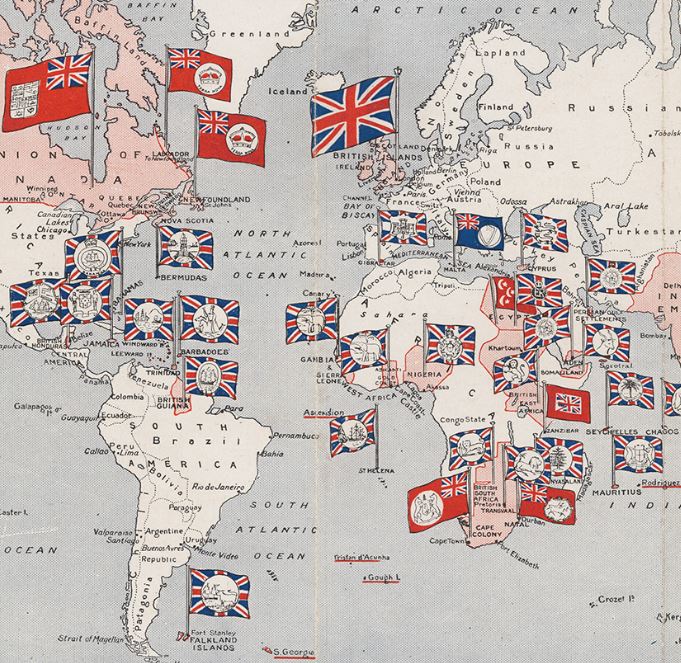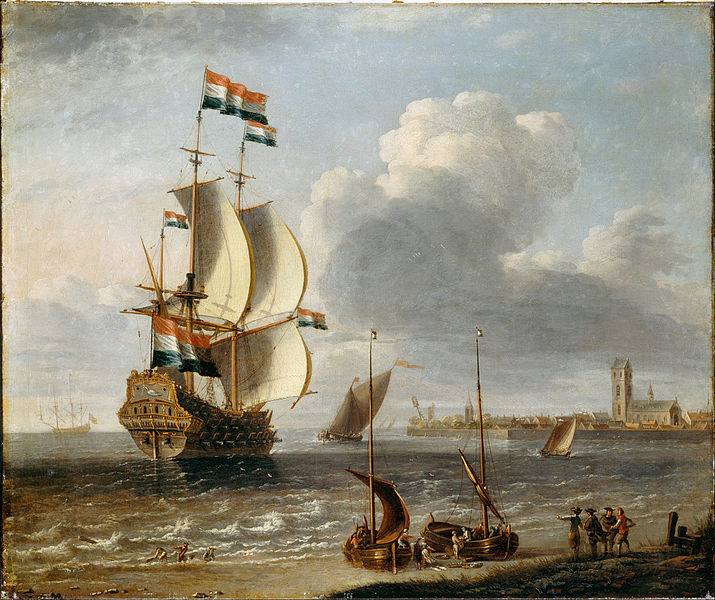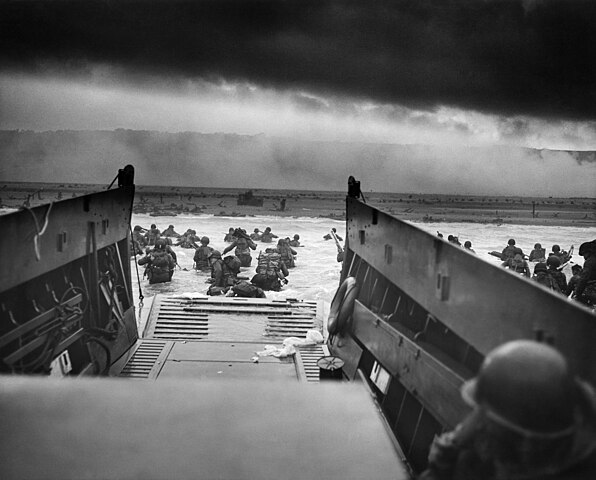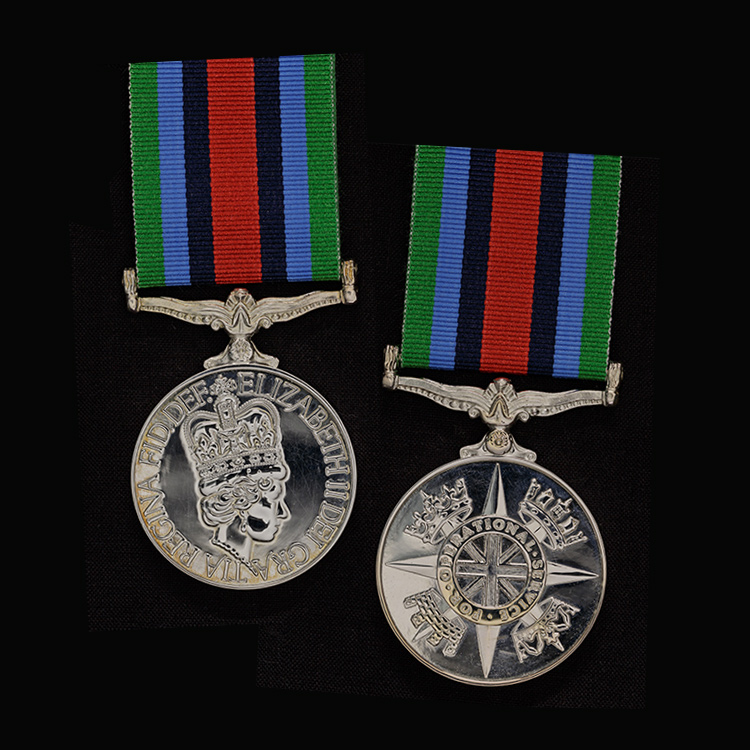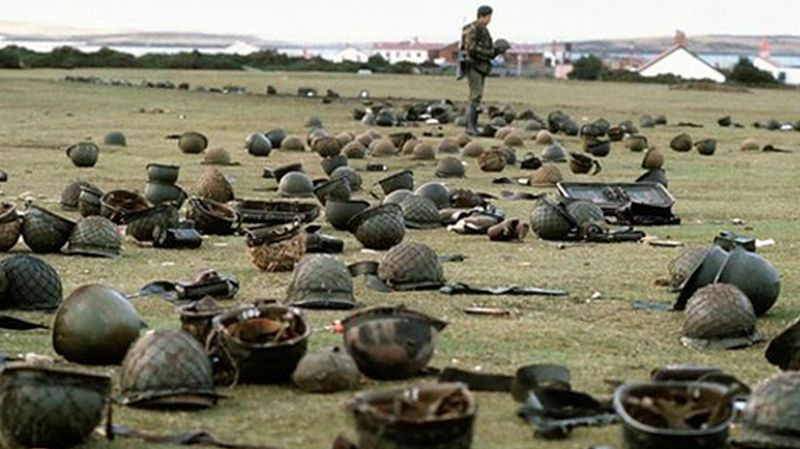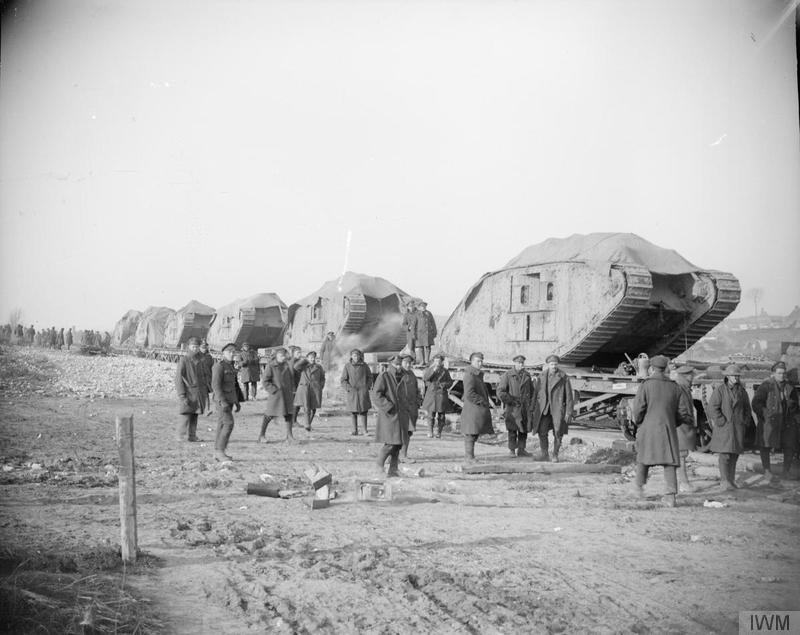From the Napoleonic Wars to colonial conflicts and imperial campaigns, the 19th century was a period of significant military engagement for Britain, and these medals serve as tangible reminders of the courage, sacrifice, and service of the men and women who served in the armed forces.
One of the most iconic campaign medals of the 19th century is the Waterloo Medal, awarded to British and allied soldiers who fought in the Battle of Waterloo in 1815, a pivotal conflict that marked the end of the Napoleonic Wars. This medal, along with others such as the Crimea Medal, Indian Mutiny Medal, and South Africa Medal, represents key chapters in British military history and imperial expansion during the 19th century.
The Eligibility of 19th Century Campaign Medals
Each campaign medal has its own unique design, inscription, and criteria for eligibility, reflecting the specific campaign or conflict it commemorates. Some medals feature elaborate designs with intricate detail, while others are more modest in appearance, but all carry significant historical and symbolic value.
Beyond their aesthetic and historical significance, campaign medals also hold personal meaning for the individuals who earned them and their families. They serve as cherished mementos of service and sacrifice, passed down through generations as reminders of the bravery and resilience of those who served in the British armed forces during this pivotal period in history.
Considering the Broader Context
The 19th century was a time of profound political, social, and technological change, and the military campaigns and conflicts of this era were shaped by factors such as nationalism, imperialism, industrialization, and shifting geopolitical alliances.
The morals embedded within campaign medals from the 19th century are also multi-faceted and reflect the values, priorities, and attitudes of the time. On the one hand, campaign medals symbolize the moral obligation of individuals to fulfill a person’s duty to their country and sovereign. On the other, it’s important to remember medals were awarded for military campaigns and conflicts waged in the service of colonial expansion and imperial domination.
These medals commemorate conquests, occupations, and annexations that resulted in the subjugation, exploitation, and displacement of indigenous peoples and cultures. They are reminders of the moral complexities and injustices inherent in colonialism and imperialism.
All The 19th Century
British Campaign Medals
The 19th century was a transformative period in British military history, marked by significant campaigns, conflicts, and imperial expansion around the globe. As the British Empire extended its reach across continents and oceans, its armed forces were called upon to defend British interests, maintain colonial rule, and engage in military interventions.
Campaign medals played a crucial role in recognizing the service and sacrifice of British military personnel during this period. These medals were awarded to soldiers, sailors, and marines who participated in specific military campaigns, battles, or operations. Here is the complete list of British 19th century campaign medals (you can click on the pictures or name to find out more about each of them):
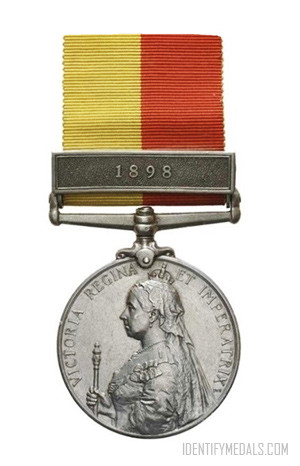
The East and Central Africa Medal
The East and Central Africa Medal is a British campaign medal awarded for military operations in the Uganda Protectorate and Southern Sudan.
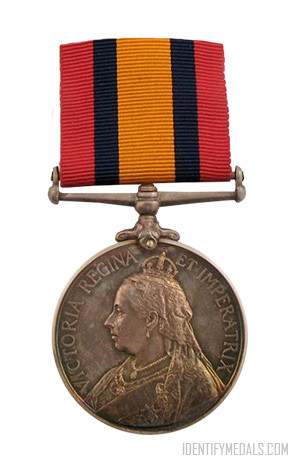
The Queen’s Mediterranean Medal
The Queen’s Mediterranean Medal was awarded to troops who had replaced their regular Army counterparts in garrisons across the Mediterranean.
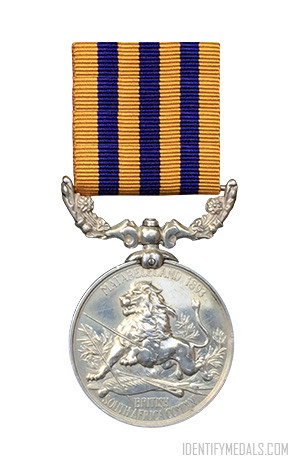
The British South Africa Company’s Medal
The British South Africa Company Medal was sanctioned by Queen Victoria to troops who had been engaged in the First Matabele War.
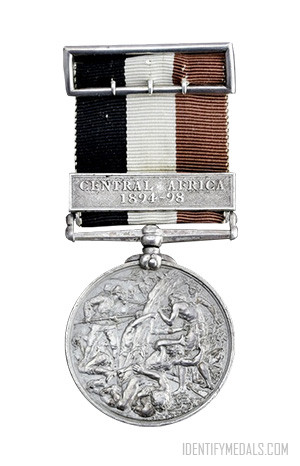
The Central Africa Medal
The Central Africa Medal is a campaign medal awarded for service in Eastern and Central Africa and 1894-1898 in British Central Africa.
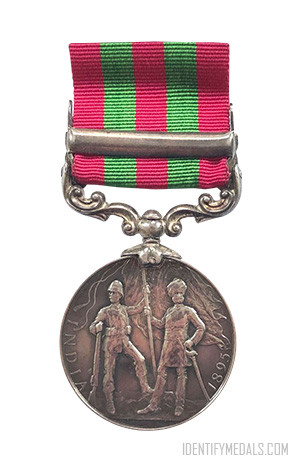
The India Medal
The India Medal was approved in 1896 and issued as an award to officers and men of the British and Indian armies.
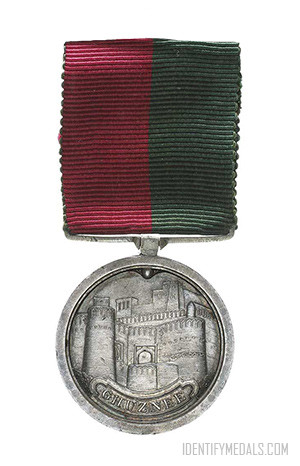
The Ghuznee Medal
The Ghuznee Medal is a campaign medal awarded to troops for participation in the storming of the fortress of Ghuznee in Afghanistan.
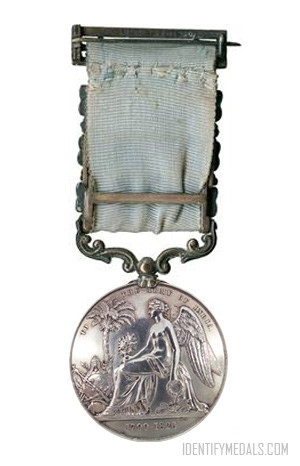
The Army of India Medal
The Army of India Medal is a British campaign medal issued to officers and men of the British Army and the Army of the East India Company.
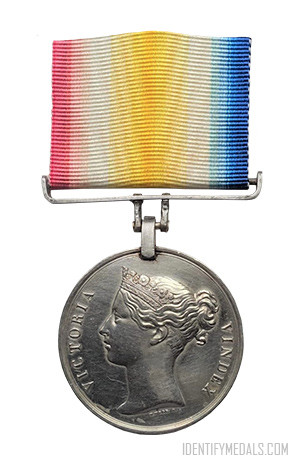
The Candahar, Ghuznee, Cabul Medal
The Candahar, Ghuznee, Cabul Medal was awarded to those who took part in the campaign in Afghanistan in 1842.
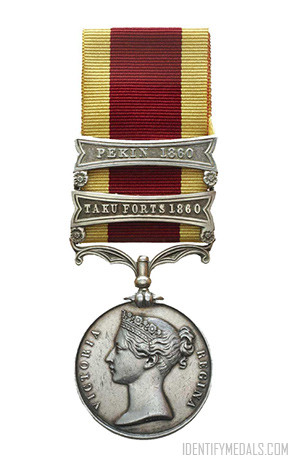
The China War Medal (1842)
The China War Medal is a military medal awarded to members of the British and Indian forces who took part in the First Anglo-Chinese War.

The Second China War Medal
The Second China War Medal is a British medal for British and Indian armies and Royal Navy who took part in the Second Opium War.
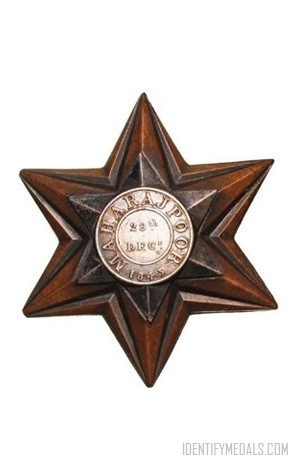
The Gwalior Star (Maharajpoor)
The Gwalior Star is a campaign medal presented to the soldiers of the British Army and the British led Bengal Army for the Gwalior Campaign.
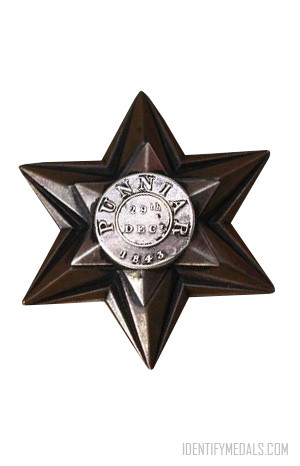
The Gwalior Star (Punniar)
The Gwalior Star is a Campaign medal presented to the soldiers of the British Army and Bengal Army who took part in the Gwalior Campaign.
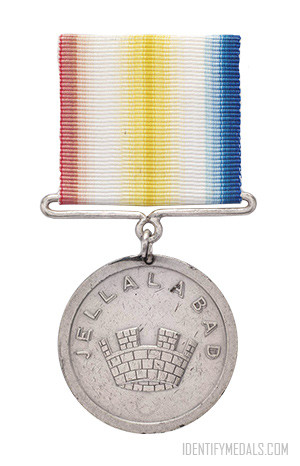
The Jellalabad Medals
The Jellalabad Medal is a campaign medal awarded for the defence of Jalalabad and issued by the British East India Company.
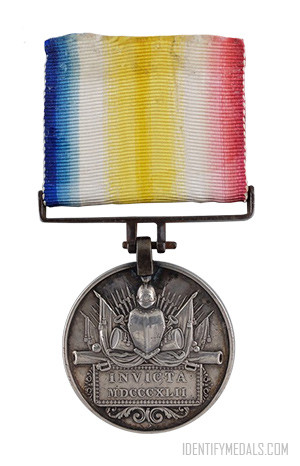
The Medal for the Defence of Kelat-I-Ghilzie
The Kelat-I-Ghilzie Medal is a British campaign medal issued by the British East India Company to the defenders of Kelat-I-Ghilzie.
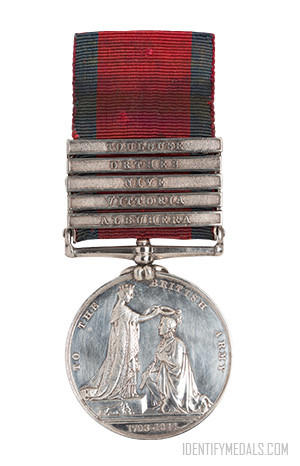
The Military General Service Medal
The Military General Service Medal is a campaign medal issued to officers and men of the British Army in 1848 for various military actions.
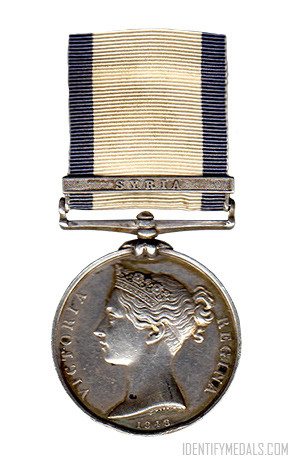
The Naval General Service Medal (1847)
The Naval General Service Medal was a campaign medal issued to officers of the Royal Navy and awarded retrospectively for naval actions.
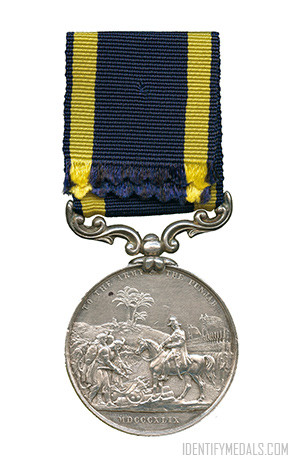
The Punjab Medal
The Punjab Medal is a campaign medal issued to officers and men of the British Army and East India Company who served in the Punjab campaign.
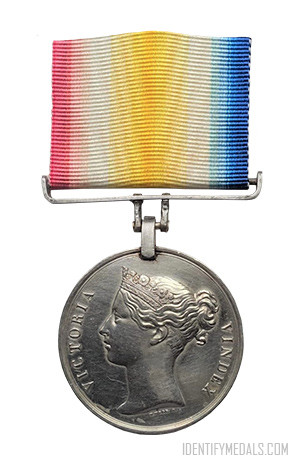
The Scinde Medal
The Scinde Medal is a British medal issued to soldiers who participated in Major General Sir Charles Napier’s conquest of Scinde.
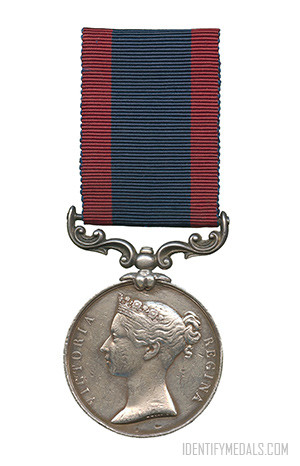
The Sutlej Medal
The Sutlej Medal is a campaign medal issued to officers and men of the British Army and East India Company who served in the Sutlej campaign.
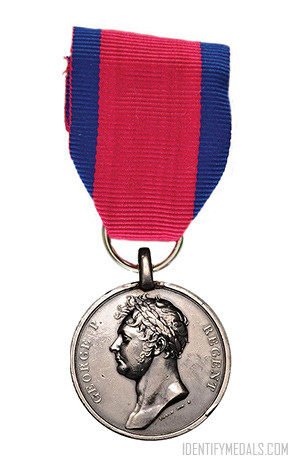
The Waterloo Medal
The Waterloo Medal is a British military medal established in 1816-17 and struck for all those who participated in the Waterloo campaign.
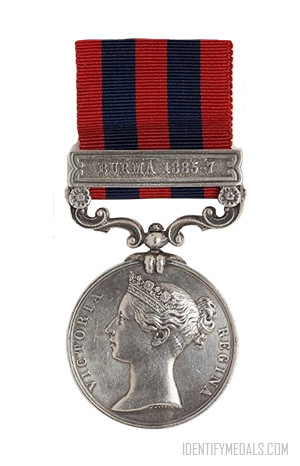
The India General Service Medal (1854)
The India General Service Medal is a campaign medal issued to officers and men of the British and Indian armies for various campaigns.
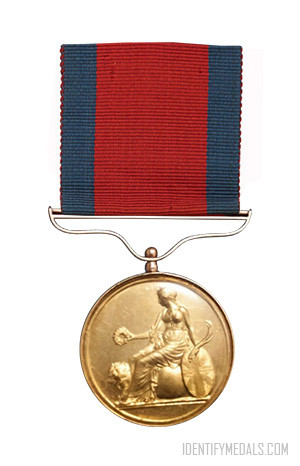
The Army Gold Medal
The Army Gold Medal is a British campaign medal awarded to field and general officers in recognition of successful commands in campaigns.
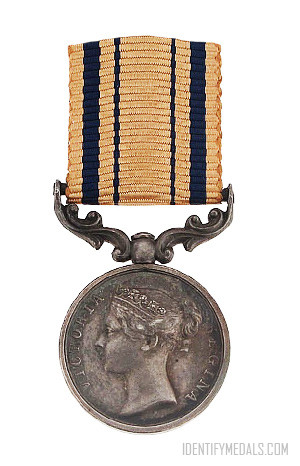
The South Africa Medal (1854)
. The South Africa Medal (1853) is a campaign medal awarded to officers and men who served in the Cape of Good Hope during the Xhosa Wars.
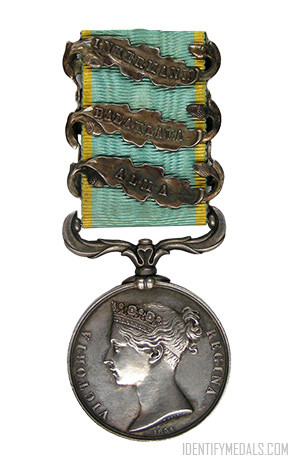
The Crimea Medal
The Crimea Medal is a campaign medal issued to officers and men of British units who fought in the Crimean War of 1854–56 against Russia.
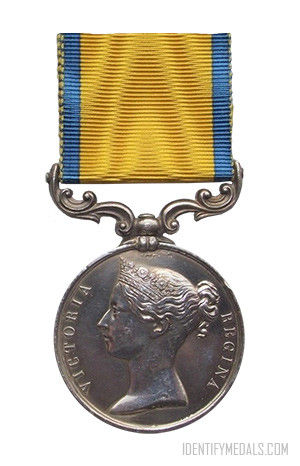
The Baltic Medal
The Baltic Medal is a campaign medal issued to officers and men who served in Baltic Sea operations in the Baltic theatre of the Crimean War.
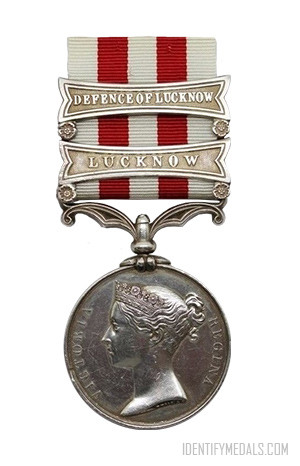
The Indian Mutiny Medal
The Indian Mutiny Medal is a campaign medal issued to officers and men who served in operations in suppression of the Indian Mutiny.
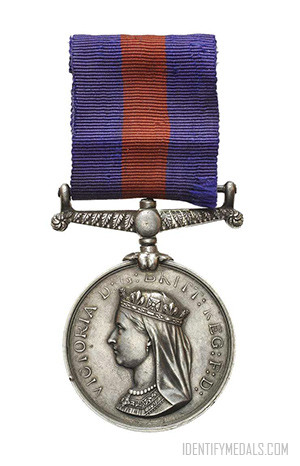
The New Zealand Medal
The New Zealand Medal is a campaign medal awarded to Imperial and Colonial troops in the New Zealand Wars of 1845–47 (and 1848) and 1860–66.
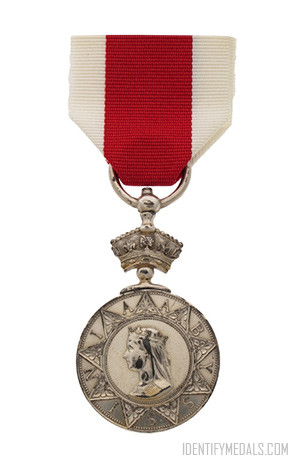
The Abyssinian War Medal
The Abyssinian War Medal is a medal awarded to those who participated in the punitive 1868 Expedition to Abyssinia.
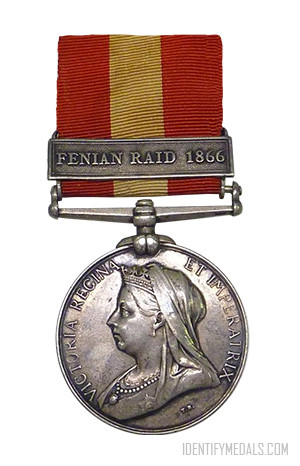
The Canada General Service Medal
The Canada General Service Medal is a campaign medal awarded to both Imperial and Canadian forces for duties related to the Fenian raids.
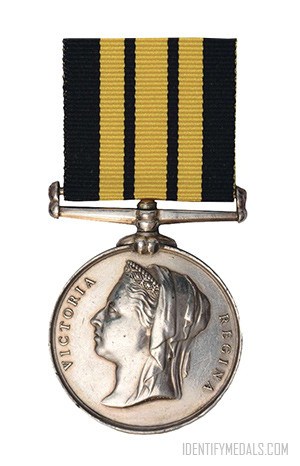
The Ashantee Medal
The Ashantee Medal is a British campaign medal awarded to British, Colonial, and allied native forces during the Third Anglo-Ashanti War.
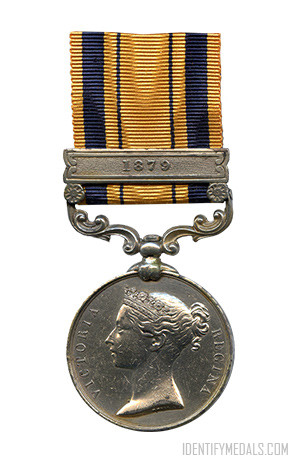
The South Africa Medal (1880)
The South Africa Medal (1880) was awarded to members of the British Army, Royal Naval Brigade and Colonial Volunteers for the Anglo-Zulu War.
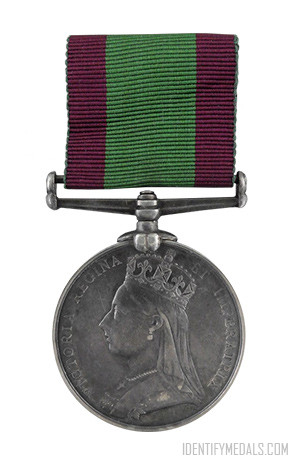
The Afghanistan Medal
The Afghanistan Medal is a campaign medal awarded to those who served in Afghanistan between during the Second Afghan War.
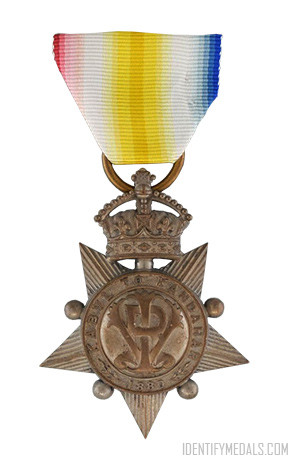
The Kabul to Kandahar Star
The Kabul to Kandahar Star was awarded to British and Indian troops who had participated in the 320 mile march from Kabul to Kandahar.
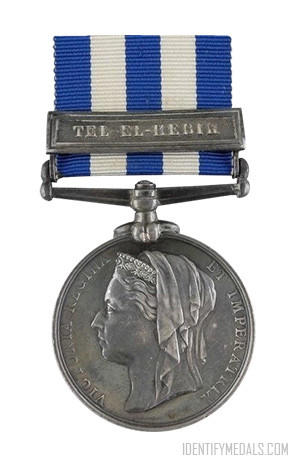
The Egypt Medal (1882–1889)
The Egypt Medal is a campaign medal awarded for military actions during the 1882 Anglo-Egyptian War and in the Sudan between 1884 and 1889.
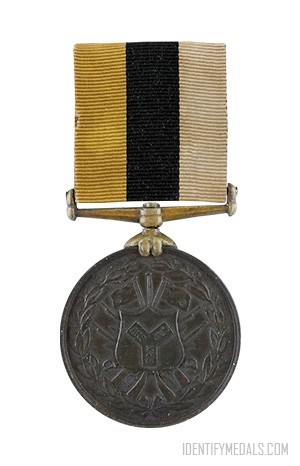
The Royal Niger Company’s Medal
The Royal Niger Company’s Medal is a campaign medal awarded for service in minor military operations in Nigeria between 1886 and 1897.
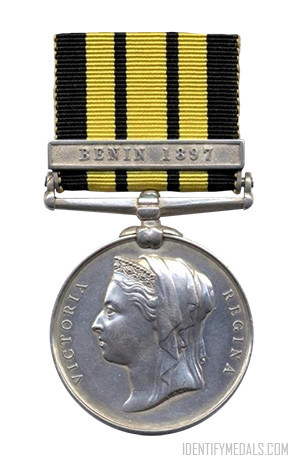
The East and West Africa Medal
The East and West Africa Medal was a campaign medal awarded for minor campaigns that took place in East and West Africa around 1887.
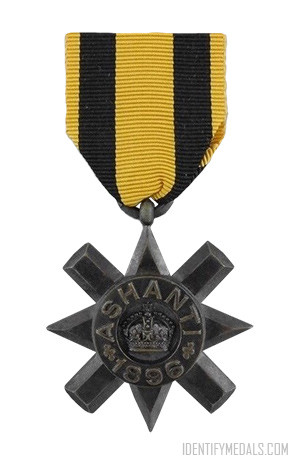
The Ashanti Star
The Ashanti Star was a British medal awarded to members of the expedition against the Ashanti King Prempeh, in the Fourth Anglo-Ashanti War.
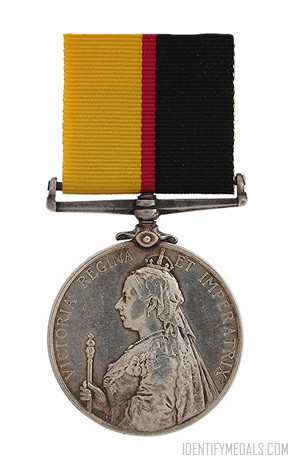
The Queen’s Sudan Medal
The Queen’s Sudan Medal was awarded to British and Egyptian forces which had taken part in the Sudan campaign between 1896 and 1898.
Considering the Broader Context
The 19th century was a time of profound political, social, and technological change, and the military campaigns and conflicts of this era were shaped by factors such as nationalism, imperialism, industrialization, and shifting geopolitical alliances.
The morals embedded within campaign medals from the 19th century are also multi-faceted and reflect the values, priorities, and attitudes of the time. On the one hand, campaign medals symbolize the moral obligation of individuals to fulfill a person’s duty to their country and sovereign. On the other, it’s important to remember medals were awarded for military campaigns and conflicts waged in the service of colonial expansion and imperial domination.
These medals commemorate conquests, occupations, and annexations that resulted in the subjugation, exploitation, and displacement of indigenous peoples and cultures. They are reminders of the moral complexities and injustices inherent in colonialism and imperialism.

